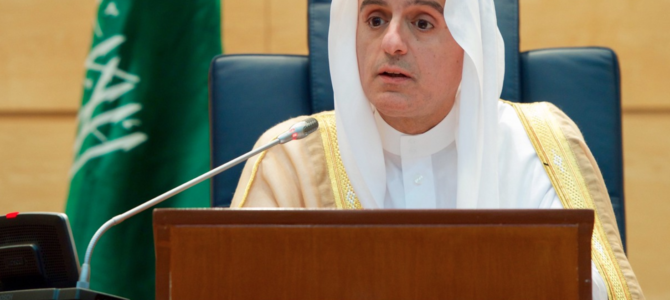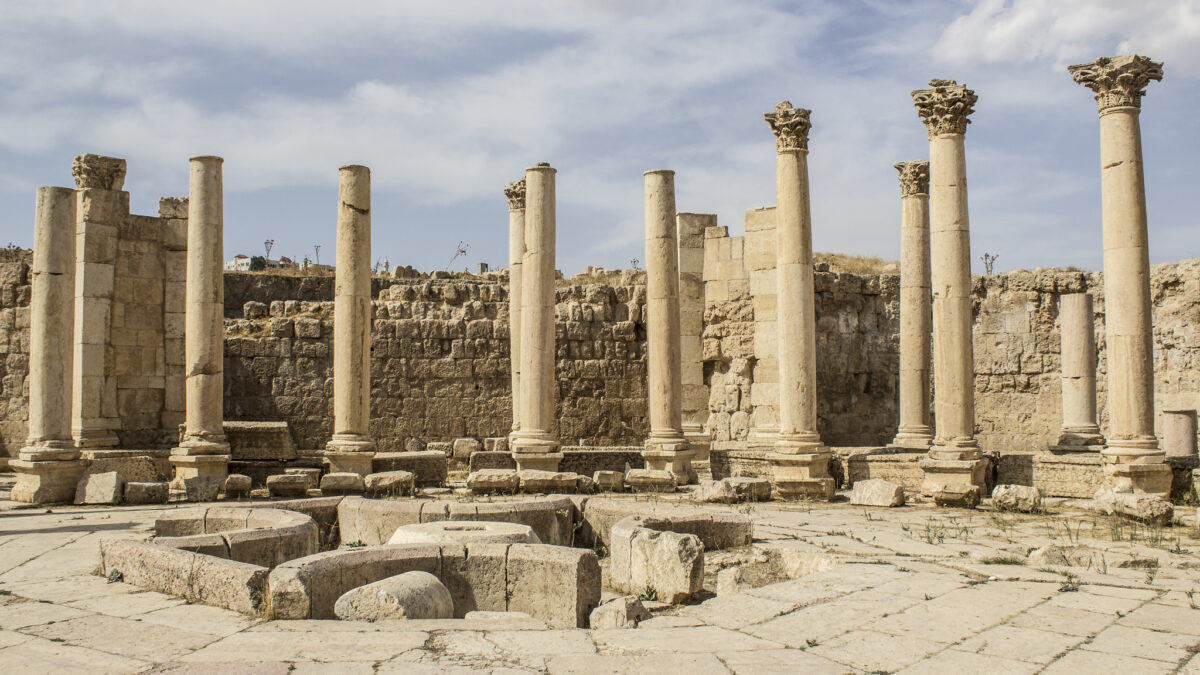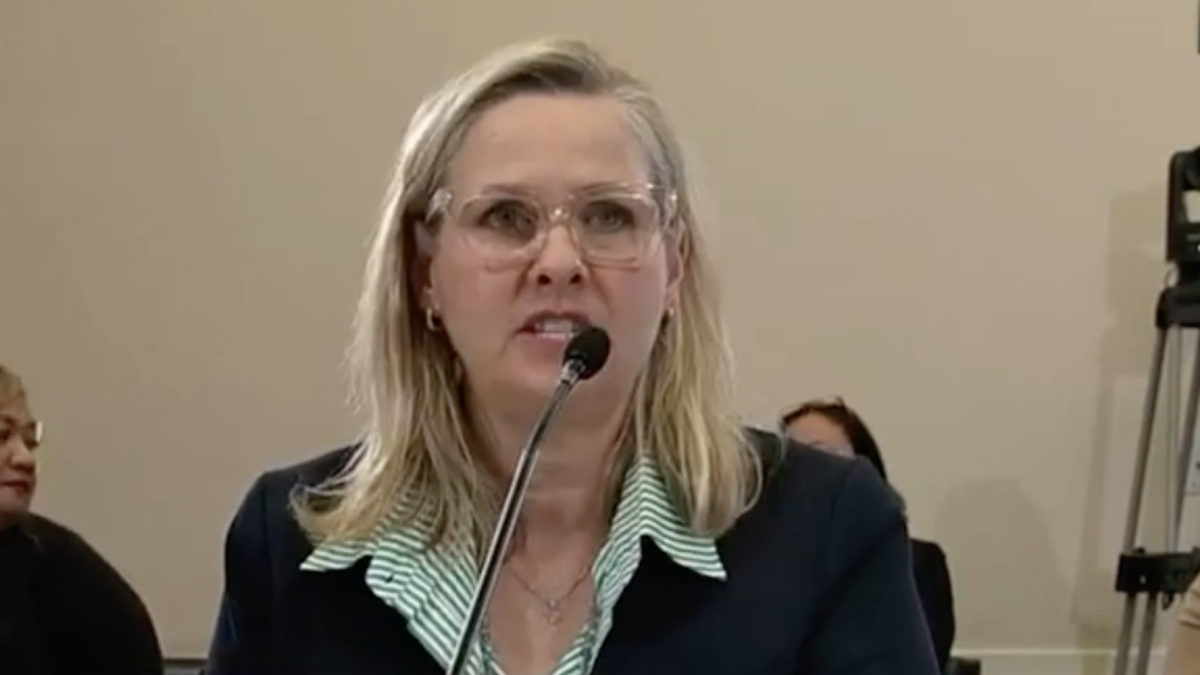
The massacre of nine dual-citizen American Mexican Mormons less than 100 miles from the border with the United States serves as a reminder of the dangers the cartels pose and the existence of one of the world’s deadliest wars in America’s own neighborhood.
The Mexican drug war and cartels don’t preoccupy the national security/foreign policy establishment and the media the same way the Syrian civil war and Middle East militants do. But the conflict south of the border isn’t only getting worse, Latin America stands to pose a greater (if not the greatest) national security challenge for the United States in years to come. If policymakers, think tanks, and the media won’t sound the alarm now, they’ll have no choice but to do so later.
That lesson was almost learned the hard way eight years ago, during Barack Obama’s presidency. A drug cartel was nearly responsible for the most devastating terrorist attack on U.S. soil since 9/11, one that could’ve sparked a war with the Islamic Republic of Iran.
How Did This Almost Happen?
On Oct. 11, 2011, Attorney General Eric Holder and FBI Director Robert Mueller announced the plot to assassinate Saudi Ambassador to the U.S. Adel al-Jubeir had been foiled, and one of the suspects, U.S. citizen Manssor Arbabsiar, had been arrested. The other suspect, Islamic Revolutionary Guard Corps (IRGC) Quds Force operative Gholam Shakuri, was never arrested and remains at large to this day.
According to the Department of Justice, Jubeir’s assassination was plotted from spring to October 2011. Throughout the year, Arbabsiar went to Mexico to enlist the services of someone he believed was an associate of a Mexican drug cartel. Only it wasn’t — his contact was actually an informant for the U.S. Drug Enforcement Agency (DEA).
In late May, Arbabsiar traveled from Texas to Mexico to solicit the services of the informant — who then notified U.S. authorities — for an attack against Saudi diplomatic personnel or facilities in the United States. Arbabsiar specifically inquired regarding the use of explosives, to which the informant advised him the cartel was proficient in the use of C-4 plastic explosives.
Additional meetings took place in Mexico late June and mid July. There Arbabsiar told the informant his “associates in Iran,” likely the IRGC, had settled upon an assassination of Jubeir.
Arbabsiar Even Okayed Civilian Casualties
The informant agreed the cartel was willing to execute the hit at a price of $1.5 million. Within days, Arbabsiar and the informant came to an agreement, and the cartel began planning the assassination. This included gathering intelligence.
The informant told Arbabsiar he already had a cartel member doing surveillance in Washington, D.C., identifying the Saudi ambassador and determining a time, place, and parameters for attack. Jubeir frequently dined at Café Milano, an upscale Italian restaurant in the Georgetown neighborhood, so it was decided this was the ideal location for targeting the ambassador.
All this time, the informant had been recording Arbabsiar. In one of the mid-July conversations, the Iranian agent seemed fully aware of the high risk of American casualties, at one point suggesting the cartel take care not to kill innocents. But by the end of the discussion, Arbabsiar made clear the assassination needed to happen at any cost.
“They want [the ambassador] done, if the hundred go with him, [expletive] ’em,” was Arbabsiar’s disturbing and shocking proclamation on the recording. He and the informant next discussed the means by which to kill the ambassador, with Arbabsiar deferring to the cartel’s judgment. Again, he suggested limiting collateral damage, only to emphasize again the need for the ambassador to be killed regardless.
If the cartel was unable to kill Jubeir in isolation outside the restaurant, Arbabsiar was perfectly fine with bombing the establishment while he was dining. The informant then advised his client the restaurant has anywhere from 100 to 150 people inside at a given time, is surrounded by buildings, and even U.S. senators who frequent the establishment could become casualties. Once more, Arbabsiar dismissed the concerns, describing it as “no big deal.”
The Plan Was Foiled
In August, a total of $100,000 was wired to the cartel as a down payment for carrying out the operation. It isn’t clear when the assassination would have taken place, but conversations between Arbabsiar, the informant, and the leadership back in Iran (primarily Quds Force operative Shakuri) indicate it would have occurred in October. On Sept. 28, Arbabsiar boarded a plane at New York’s John F. Kennedy International Airport for a flight to Mexico, intending to serve himself to the cartel as collateral until the assassination was executed.
When he landed in Mexico, the trap was sprung. Denied entry by Mexican authorities, Arbabsiar was forced to fly back to NYC, where he was then arrested on September 29. In short order, he confessed to investigators his role in the plot. He cooperated with the FBI as they attempted to build a case against Shakuri, who was, until Holder and Mueller’s Oct. 11 announcement, unaware Arbabsiar had been caught.
Tragedy had been averted, and the arrest and eventual conviction of Arbabsiar was one of the lesser-known victories in the War on Terror. Still, the incident is highly unsettling. Although the affidavit doesn’t identify the cartel (referring to it only as “Drug Cartel #1”), it does describe it as:
[A] large, sophisticated, and violent drug-trafficking cartel. It is well-known throughout North America, and its principal places of operation are Mexico and the United States. … Drug Cartel #1 has access to military-grade weaponry and explosives, and has engaged in numerous acts of violence, including assassinations and murders.
Based on the description, this cartel is probably a “household name,” easily recognized by authorities and the public if revealed. This same cartel is likely still active inside the United States and a belligerent in the Mexican drug war.
Clearly, Iran felt confident it could, for the right price, trust Mexican drug cartels to do Tehran’s dirty work. With such able and willing enemies just over the border, the threats of groups such as al Qaeda and ISIS seem distant by comparison.
This ‘Act of War’ Would Have Changed Obama’s Presidency
Former Defense Secretary James Mattis hammered home the gravity of this “act of war.” Mattis, who was the commander of Central Command (CENTCOM) at the time, spoke of the event in great detail in his memoir, published earlier this year.
“It would have changed history,” he said, noting he’d also seen incriminating intelligence of Tehran’s direct involvement. “Had the bomb gone off, those in the restaurant and on the street would have been ripped apart, blood rushing down sewer drains,” Mattis gruesomely described the consequences of the attack had it been successful.
It would’ve also changed the course of the Obama presidency. The 44th president made a grand bargain with Iran a central focus of his foreign policy. Had the assassination succeeded, the Iran nuclear deal would’ve been off the table. Even members of his own Cabinet would have advised against negotiating with a regime responsible for such an overt act of hostility.
It would have also jeopardized Obama’s prospects of reelection. Opposition candidates would have used the incident as proof his critics were right all along: Obama was weak on national security and Iran.
Of course, that also would have depended on how Obama responded to the attack. George W. Bush won reelection in 2004 in large part due to his response to the 9/11 attacks. It would’ve been politically disastrous for Obama not to retaliate in overt, resolute fashion. But what should he have done?
Mattis argued Obama should have drummed up public support for a tougher line against Iran, evoking Woodrow Wilson and the 1917 Zimmermann Telegram, laying the groundwork for military action. Having held an adversarial stance toward Iran his entire career (and possibly relieved of command for it), Mattis clearly considers October 2011 a missed opportunity to resoundingly punish the ayatollah and his cronies for their crimes.
We Can No Longer Ignore Mexican Drug Cartels
A retaliation never happened, of course, because the assassination wasn’t successful. Had it been, the White House may have had no choice but to pay greater heed to Mattis’ suggestions.
2011 was a year of escalating tensions with Iran over its nuclear program. A few months after the assassination was foiled, a military build-up, including British and French forces, took place in the Gulf. Thus, if Washington and its allies sought to take action against Tehran, the military presence was available to make it happen.
Israel, which at the time was threatening preemptive military action against Iran over its nuclear program, could’ve leveraged the incident to push Washington to strike on its behalf. Given the level of hostilities brewing at the time, a successful killing of Jubeir seems like the spark that could have lit the proverbial powder keg.
Eight years later, the Mexican drug cartel threat seems to sow division rather than collective urgency. Policymakers remain entranced by the Middle East, while the media offered scant coverage of the deaths of nine American-Mexican dual citizens. In the past, both groups have focused on frivolous matters, such as President Donald Trump’s rhetoric toward cartel-associated groups such as MS-13. Nor does the problem elicit significant concern among the Democratic presidential candidates.
But the day will come when the threat can no longer be ignored. In the meantime, those dismissive of the danger posed by the Mexican drug cartels ought to learn of the time they nearly carried out the worst terrorist attack in America since 9/11 and almost triggered a resulting war with Iran. A lone informant within a cartel averting catastrophe serves as very cold comfort, indeed.









